Department of
Electronic Engineering
Features
Laboratory
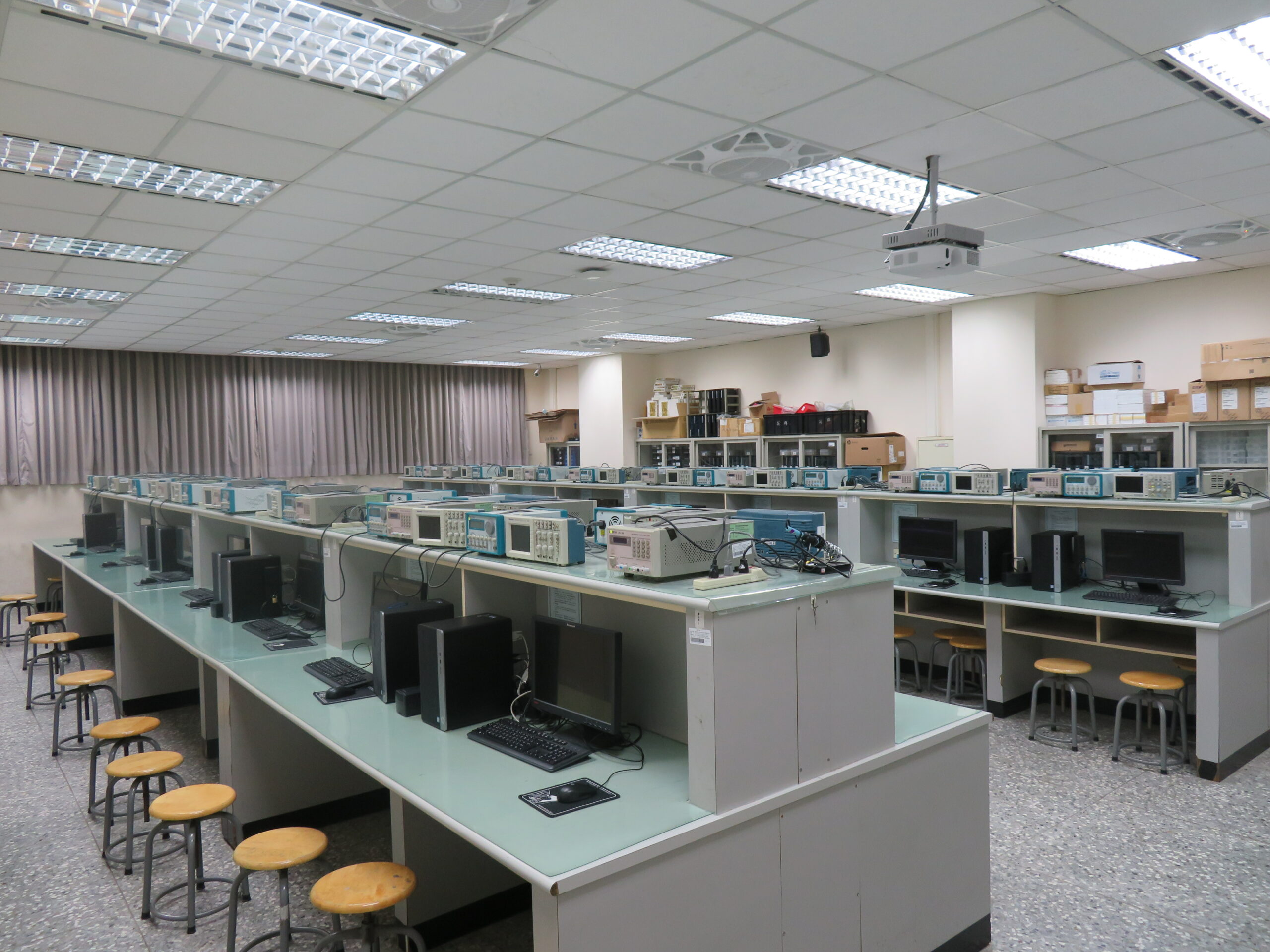
Electronic laboratory
Location: AA203
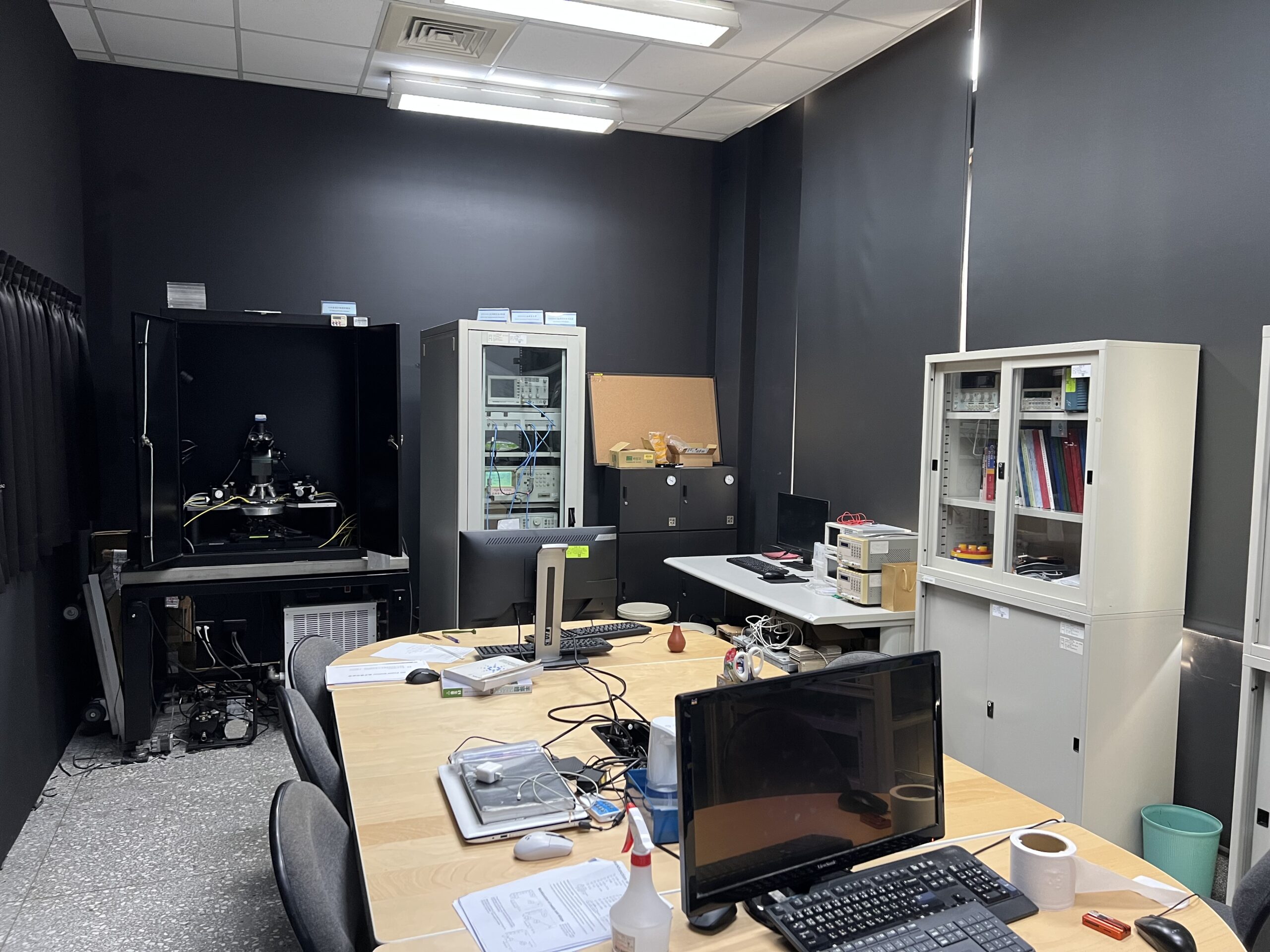
Advanced Semiconductor laboratory
Location: S201-2
Teacher:
Kuo-Wei Liu, Fu-Chien Chiu
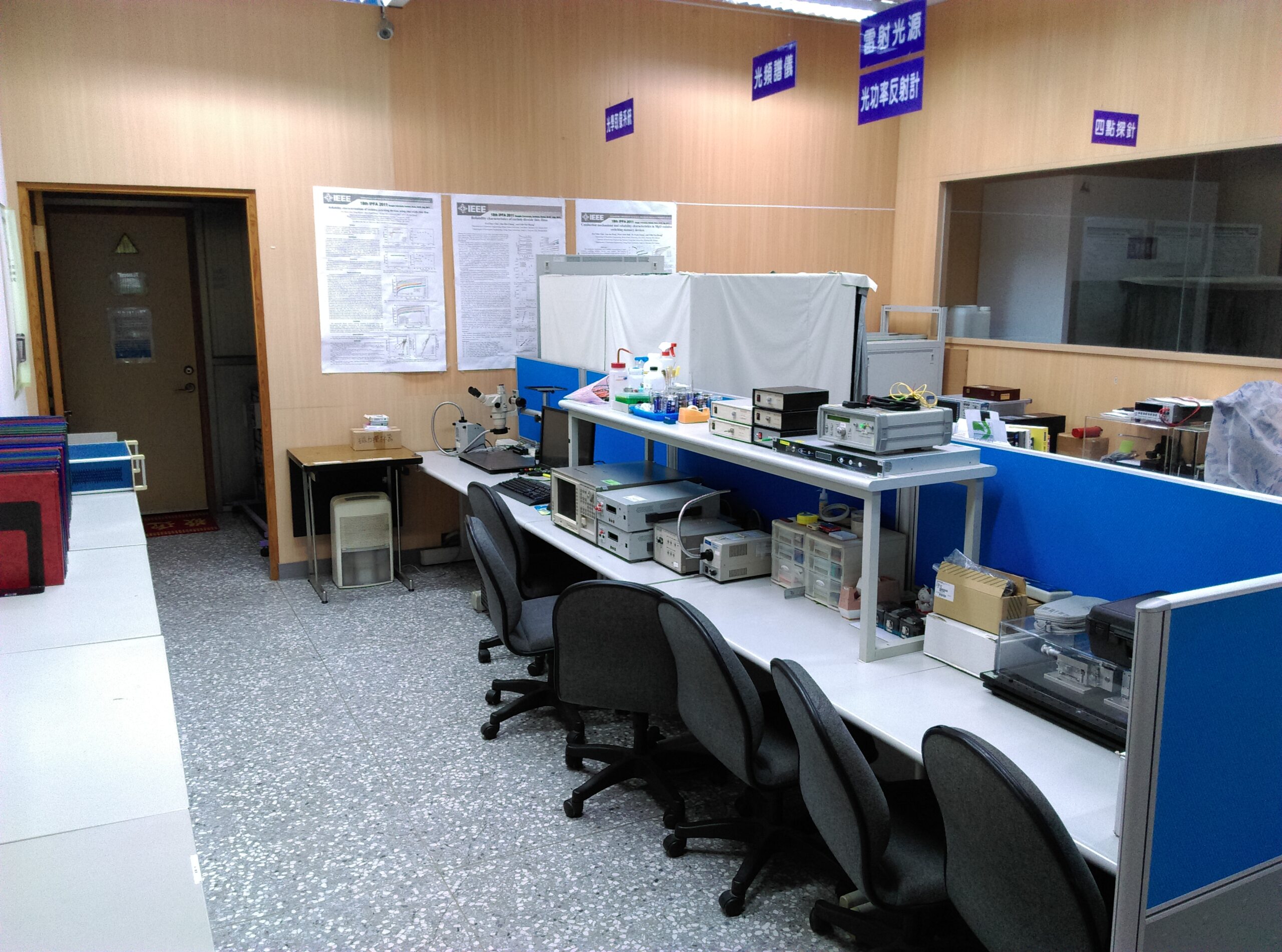
Opto-electronic laboratory
Location: AA703
Teacher:
Yu-Cheng Lin, Shih-Jung Chang
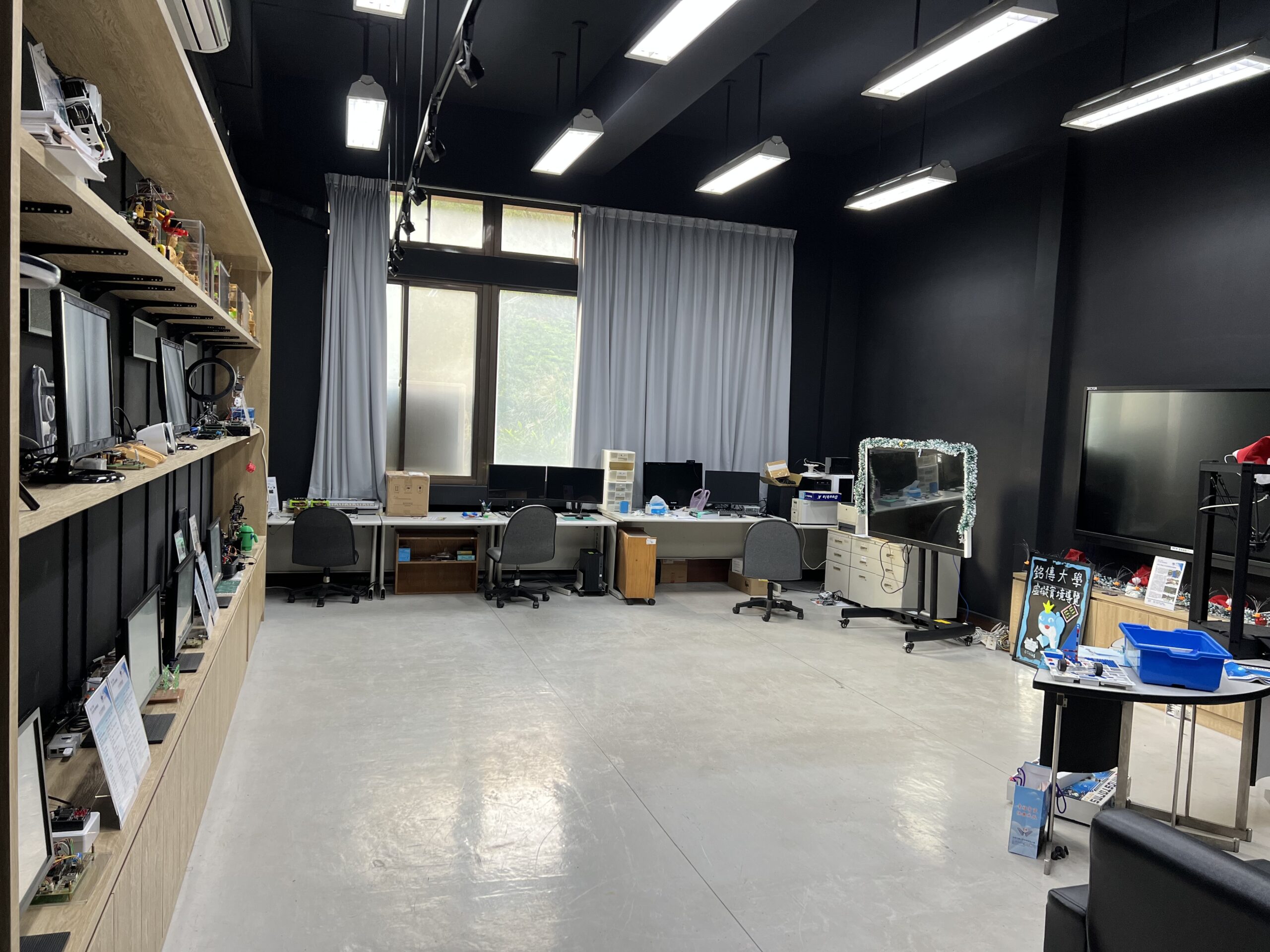
Computer Application laboratory
Location: S410
Teacher:
Pu-Sheng Tsai, Zhen-Yuan Chen,
Kuei-Chih Lin
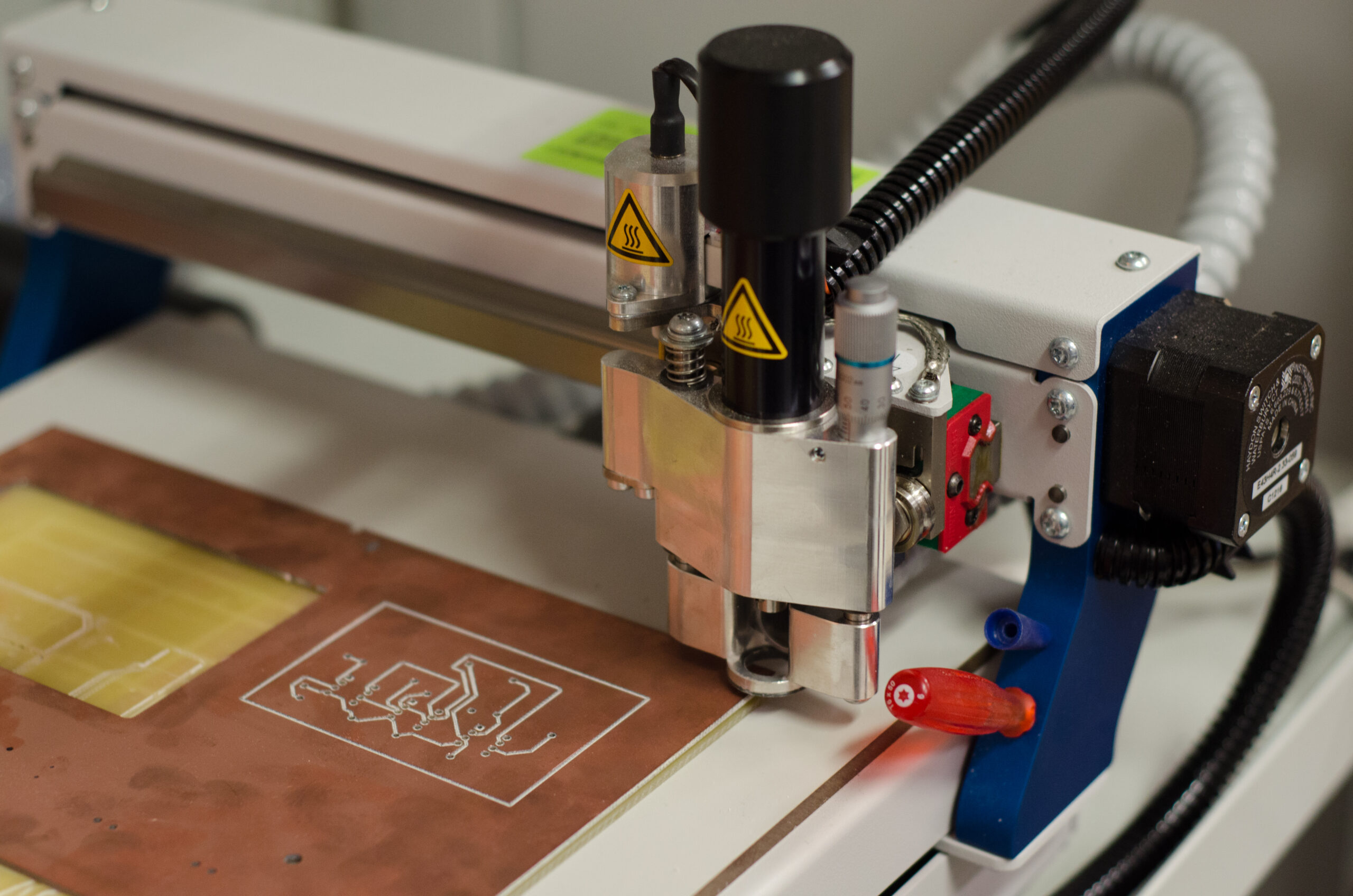
Signal and System laboratory
Location: S409
Teacher:
Ping-Sheng Huang, Yih-Hsia Lin,
Jiunn-Tsair Fang, Yi-Jen Mon

